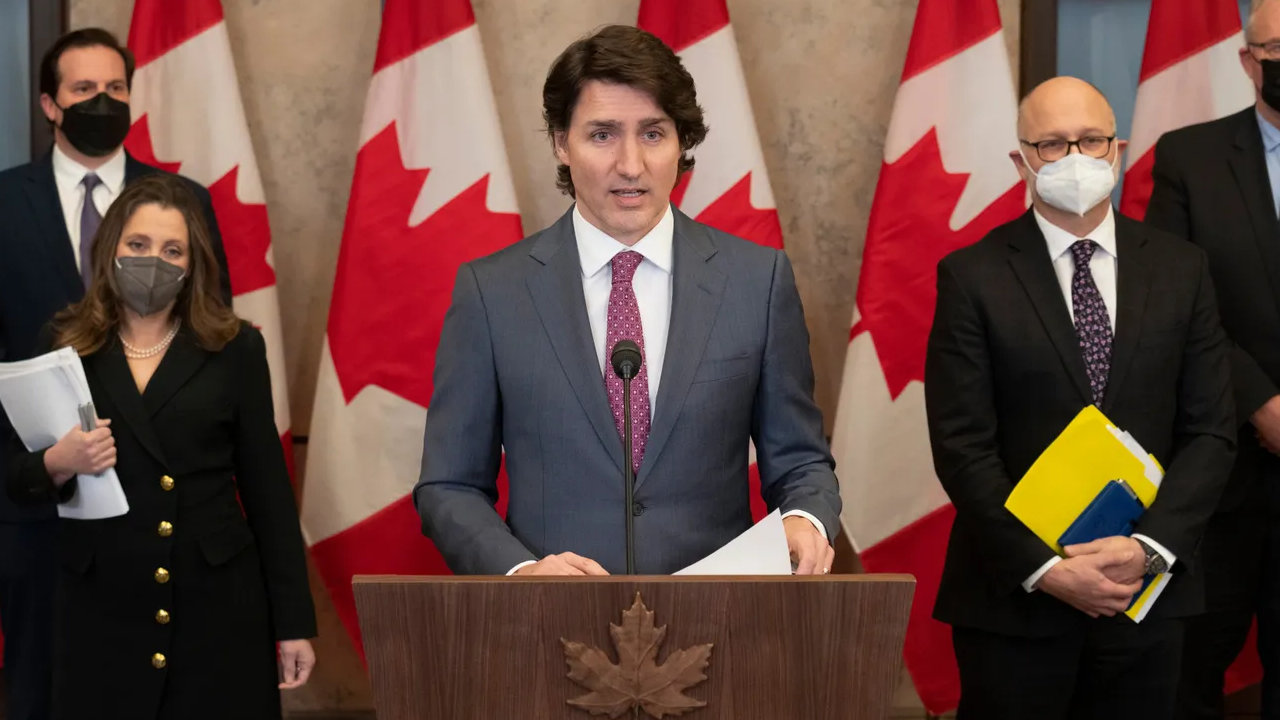
The Crypto Community Strikes Back: Biden’s Veto Sparks Political Fury
The cryptocurrency landscape is buzzing with discontent following President Joe Biden’s recent veto of a resolution that promised to reshape the regulatory framework for digital assets. This resolution had garnered substantial backing from within the crypto community, estimated to wield over $85 million in election campaign contributions aimed at shifting political tides come the 2024 presidential race. As Biden’s administration firmly takes a stance against what it perceives as a threat to regulatory authority, both supporters and skeptics of cryptocurrency brace for an impending electoral battle.
Biden’s Veto and Its Implications
In a move that many viewed as directly antagonistic toward pro-crypto sentiments, Biden rejected a resolution designed to dismantle the SEC’s Staff Accounting Bulletin 121. This critical directive aims to ensure that financial institutions holding cryptocurrencies maintain these assets on their balance sheets, thus solidifying accountability and transparency. The President labeled the repeal effort a product of Republican interests, despite a mix of bipartisan support.
In Biden’s words, “My Administration will not support measures that jeopardize the well-being of consumers and investors.” This assertion has spurred frustration among crypto proponents who see it as a direct affront to the innovative potential of blockchain technology. The underlying message seems clear: the administration views stringent regulations as essential to fostering an environment where consumer protection and market integrity coexist. This has left many in the industry feeling exposed and eager to channel their anger and funds into local and national elections.
 Public sentiment surrounding crypto regulations continues to grow contentious.
Public sentiment surrounding crypto regulations continues to grow contentious.
The Crypto Spending Battle
The response from the crypto industry has been nothing short of vigorous. High-profile figures within the digital currency ecosystem—often referred to as the “bitcoin bros”—are vocalizing their discontent across social media platforms. Prominent advocates, such as BowTieBill and Jason Williams, are rallying their followers by urging them to reconsider their political affiliations in light of this veto, declaring, “President Biden’s position on crypto will cost him more than he realizes.”
This palpable anger is not merely a digital protest. It is manifesting as a robust financial campaign, with crypto super PACs poised to pour millions into state and national campaigns, particularly in battleground states like Ohio and Michigan. For instance, a super PAC named Fairshake has already invested a hefty $10 million to challenge political candidates who express skepticism toward cryptocurrency.
Rising Crypto Investments
In parallel to the political upheaval, there’s a notable increase in institutional interest in cryptocurrency, as evidenced by substantial inflows into crypto funds. According to recent reports from CoinShares, global Bitcoin funds welcomed net inflows of $148 million in just one week, alongside Ethereum funds, which attracted an additional $33.5 million. This resurgence of investor confidence may suggest a shift in sentiment, invigorated by the administration’s controversies and the anticipation surrounding the potential introduction of Ethereum ETFs set to roll out this July.
This places Wisconsin’s pension fund at the forefront of a more significant trend toward institutional engagement in crypto markets. By integrating Bitcoin ETFs valued at $164 million into its portfolio, the Wisconsin State Investment Board (SWIB) has advanced an innovative position in the traditionally risk-averse environment of public pension funding.
Shifting Investor Sentiment
Experts are weighing in, indicating that the SWIB’s cautious yet strategic steps into cryptocurrency could be significant. David Krause, a finance professor at Marquette University, likened Wisconsin’s moves to a calculated trial, suggesting this could pave the way for broader acceptance among other pension funds. With their substantial assets under management, the SWIB’s decisions could forge new pathways for institutional investors seeking to diversify their holdings in increasingly volatile markets.
Setting the Stage for ETF Introductions
The increasing positivity surrounding Bitcoin and Ethereum has implications beyond individual holdings. As speculation mounts about the launch of Ethereum ETFs, industry analysts predict these products could capture a considerable share of the anticipated Bitcoin ETF demand. Bloomberg’s ETF analyst Eric Balchunas pointed out that generating 20% of Bitcoin ETF demand would mark an astonishing achievement by traditional ETF standards, hinting at a profound evolution in how cryptocurrencies are viewed by mainstream financial entities.
 Investors are increasingly confident in crypto as institutions begin to diversify into digital assets.
Investors are increasingly confident in crypto as institutions begin to diversify into digital assets.
The Political Landscape Ahead
As the political landscape intensifies with Biden’s decision and the subsequent fallout, it’s crucial to monitor how these developments will affect crypto regulation and investor sentiment. The race towards 2024 is not merely about policy differences, but also an ideological battle over the future of cryptocurrency in America.
Biden’s administration might still be eager to collaborate with Congress to define a balanced regulatory framework, with the intention of ensuring that consumer safeguards do not stifle innovation. However, with the looming threat of well-funded crypto constituencies actively campaigning against incumbents, the outcome remains uncertain. As we inch closer to the elections, the implications of these political maneuvers will likely resonate throughout the wider cryptocurrency environment, ushering in an era that could redefine the foundational aspects of decentralized finance.
Conclusion: A Fork in The Road
In conclusion, the political play surrounding cryptocurrency regulation in the United States reflects a growing tension between innovation and regulation. As powerful crypto groups mobilize their resources to respond to actions they perceive as hostile, they may effectively reshape the narrative heading into the elections. This narrative will be driven not only by public sentiment but also by sheer financial power and the evolving landscape of institutional investing.
Just as important as the political implications are the economic ones: a rising tide of investor confidence in cryptocurrencies could potentially elevate their status in the global financial ecosystem, making it critical for lawmakers to tread carefully. Will the growing influence of the cryptocurrency community dismantle the existing regulatory framework, or will it lead to a more harmonious coexistence of innovation and protection? Only time will tell as the countdown to the 2024 elections continues.















